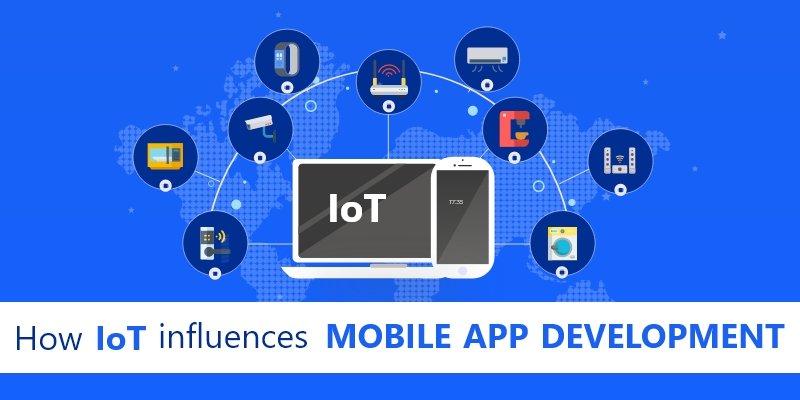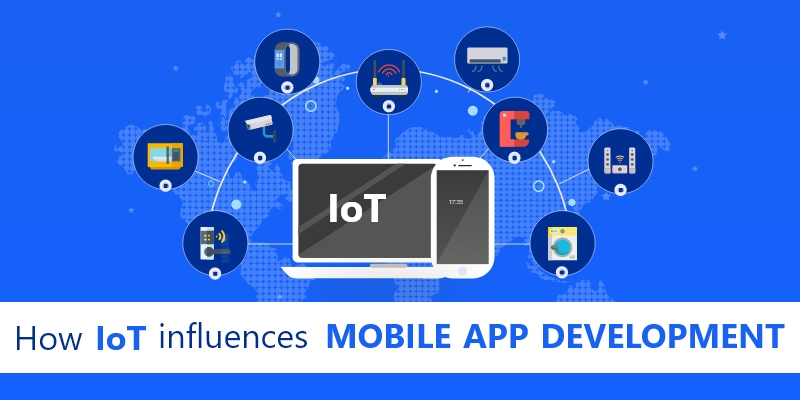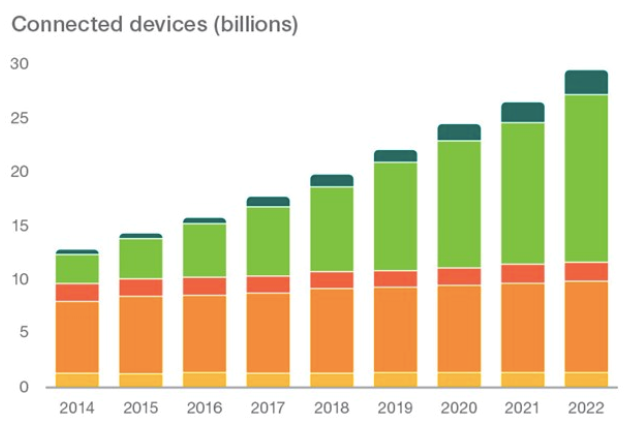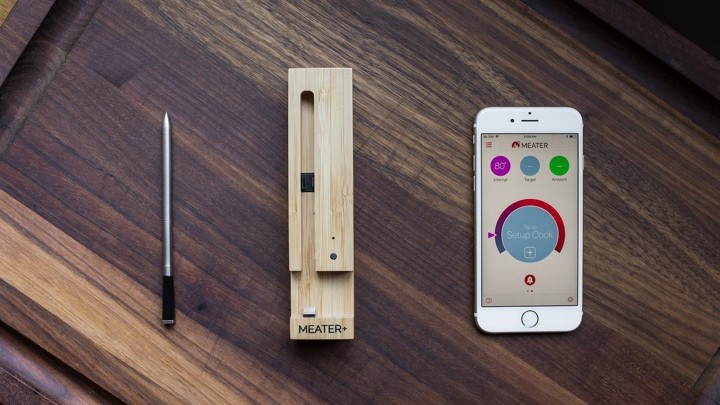Top 7 Retail Technology Trends For 2022
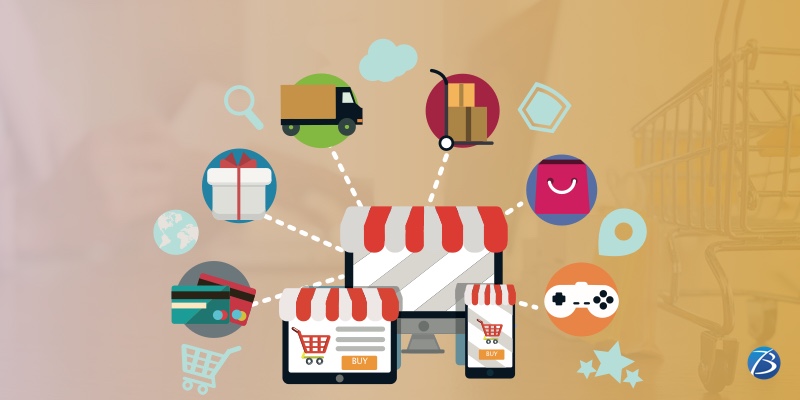
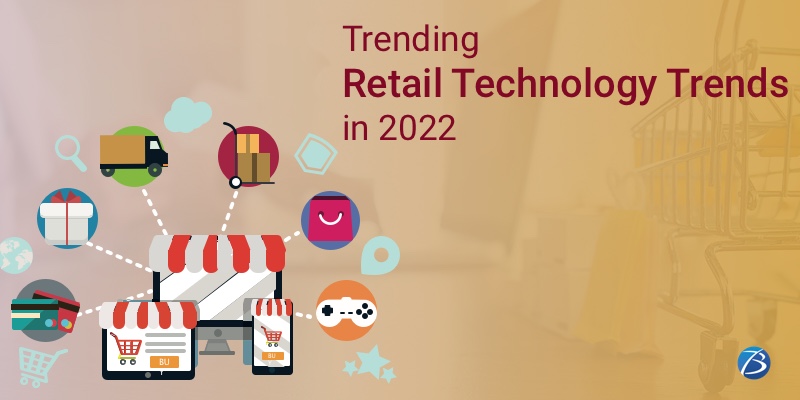
The retail industry has transformed over the decade with the growing penetration of the internet across the globe. The retailers have been progressively involved in capturing the large population that stays online with remote devices. Online presence has become important for the business over the past few years. The COVID-19 pandemic further propelled the demand for online shopping and e-retail. The pandemic also compelled retailers to automate their inventory management and supply chain. Going ahead in 2022, several other factors are meant to influence the retail trends:
- Generation Z: People born after 1995 have become a part of the workforce. They are going to strongly influence the retail trends
- Digital world: Retailers are going online to capture the maximum customers
- Convenience: Contactless and hassle-free shopping is going to be a driving point
These trends in turn are going to influence the retail technology trends. Mobile application plays an important part in developing an e-retail ecosystem. Many companies provide mobile app development services to provide a competitive UI for e-retail. So, hiring mobile app developers is the need of the hour as one has to keep a watch on other retail technologies going to trend in the coming years.
Major Retail Technology Trends
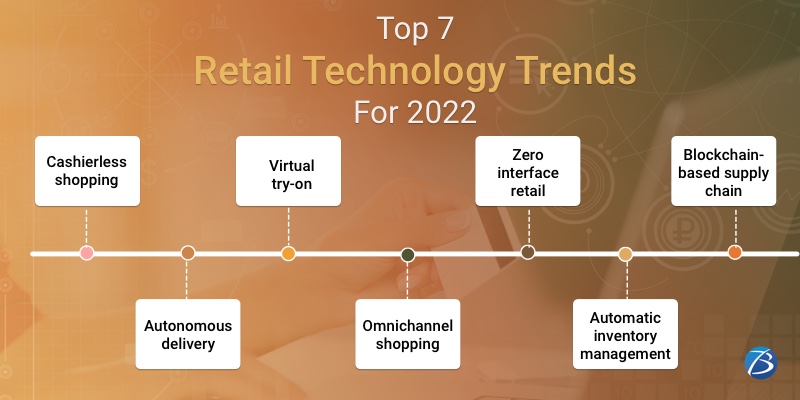
- Cashierless shopping
- Autonomous delivery
- Virtual try-on
- Omnichannel shopping
- Zero interface retail
- Automatic inventory management
- Reduced warehouse cost with minimal inventory stored in the warehouse, incurring less maintenance cost
- Stock availability whenever required by a customer, enhancing customer satisfaction and fetching customer loyalty
- Less dependency on discounts to clear the old stock
- Greater revenue with higher sales, and reduced old/dead stock
- Blockchain-based supply chain
This retail technology is already implemented in many Amazon stores. The concept is meant to put an end to the waiting lines. Consumers can walk into the stores after signing in on the mobile application. All the items picked up in the shop are automatically billed and the money is deducted through the application while exiting the shop. Today, this implementation is only in small stores. In the future, it can be into larger stores and supermarkets. This technology is being associated with a positive change wherein the former cashiers at retail stores can take up meaningful and rewarding jobs that do not involve sitting and swiping vegetables.
The most talked-about retail technology, autonomous delivery, may become a reality in the coming years. Many companies have started trials for drone deliveries with successful results. Machine learning and Artificial intelligence play a huge part in redefining the delivery infrastructure in the retail sector. The management of the air traffic caused by delivery drones and bots needs to be managed. With many retail players awaiting the successful rollout of autonomous delivery solutions, many technology startups are expected to come into the picture, inviting more retail companies to opt for autonomous delivery.
Augmented reality as one of the retail technology is going to take customer experience to a new height. Virtual try-on has become a reality. Social distancing and restricted movement are expected to boost its adoption in retail sector. The virtual try-on option allows the customers to make informed decisions. It can end in higher sales and lower return rates, a great benefit for the retailers. Virtual try-on also provides a means of market assessment for the garment retailers to maintain a balance between supply and demand by optimized manufacturing of products in demand.
Virtual try-on can be creatively used to suggest the best size and suitable color for the customers, cutting down their time spent in cloth trials. The ultimate result is expected to be better revenue and customer satisfaction.
Omnichannel shopping is an interface between a brick-and-mortar store and an online store. Customers create omnichannel customer profiles which are universal to both brick and mortar stores and online stores. The selected items are placed in cloud-based smart shopping baskets that are valid for the physical and digital brand stores. The customers get the choice to select products from any medium and add them to the basket. Similarly, the items can be purchased from any medium. The flexibility of purchasing products makes the buying journey hassle-free. Omnichannel shopping gives retailers a better understanding of the customers, helping in marketing their products.
It is way more personalized human-machine interaction, adopted to enhance the user experience. With technologies such as Artificial Intelligence (AI) and Natural Language Processing (NLP), the conversational interface can be the new UI for retail brands. Voice searches are already being used in different applications. Using voice as the operative base for retail brands is a good strategy. Moving ahead in 2022, voice can be used to create entirely new and unique user journeys.
Inventory management composes to be a huge part of every retail outlet. Retailers are able to reduce their manual efforts and costs in managing inventory. Data-driven analysis of the inventory helps in its management. There are several benefits that data-driven and automated inventory management can bring.
Artificial Intelligence (AI) and other technologies can be used to tag the inventory in categories and subcategories and track the performance of each category against different KPIs. Predictive analytics can be used to ensure products availability on different channels based on the demand to optimize sales.
Blockchain enhances transparency and security across all operations and transactions. It can be used to record the entire journey of the product till it reaches the end customer. Once created, this record cannot be edited. This error-less tracking allows Blockchain to address the challenges of supply chain traceability. In the coming years, Blockchain can become an integral part of supply chain management systems owing to its positive impact on transparency, auditing, and traceability.
The retail industry is evolving with an increase in the use of technology. The retailers must pay heed to these retail technologies to stay ahead in the game. Every retail technology may not be applicable to every retail business and the business owners need to chalk out the requirements before acquiring these tools. Mobile application is going to stay as an important tool for e-retail. An application with good UI and responsiveness has higher chances of retaining consumers than a normal mobile application and website. Biz4solution can help retailers in developing robust mobile applications. Our experts will devise the best UI as per your niche. We will help your business go global with world-class applications. Contact us today to own a mobile application to offer a personalized experience to your customers.

